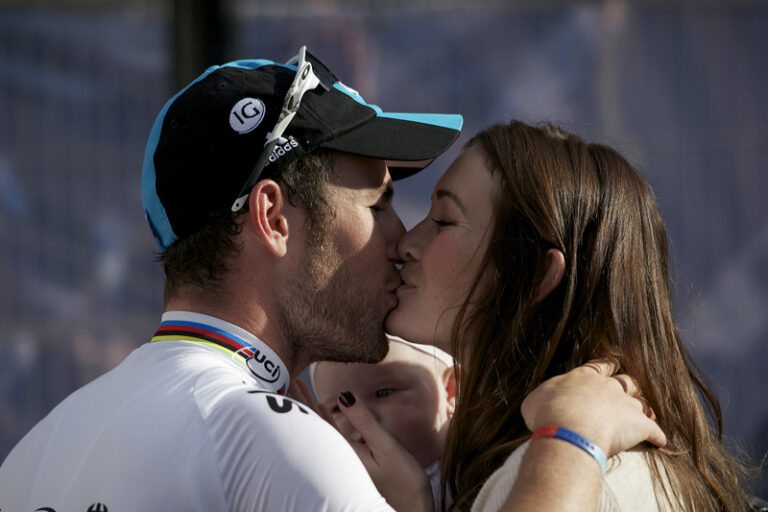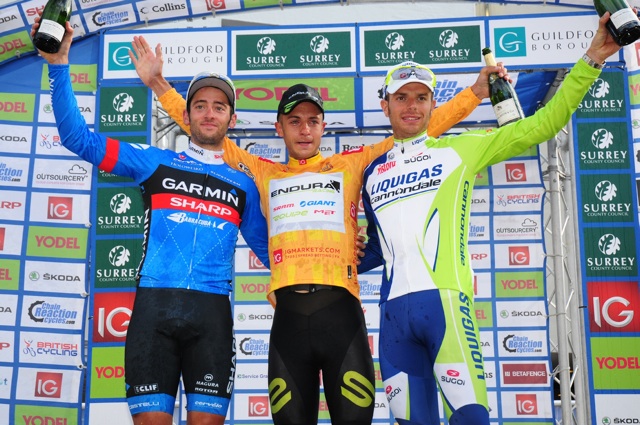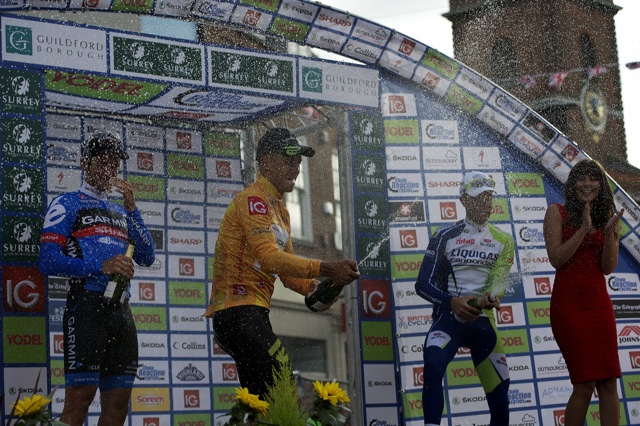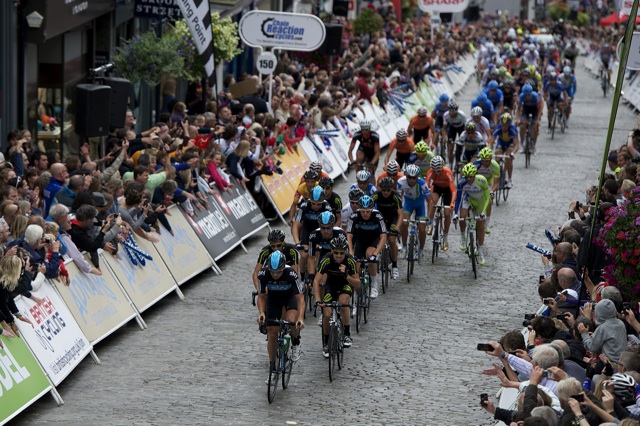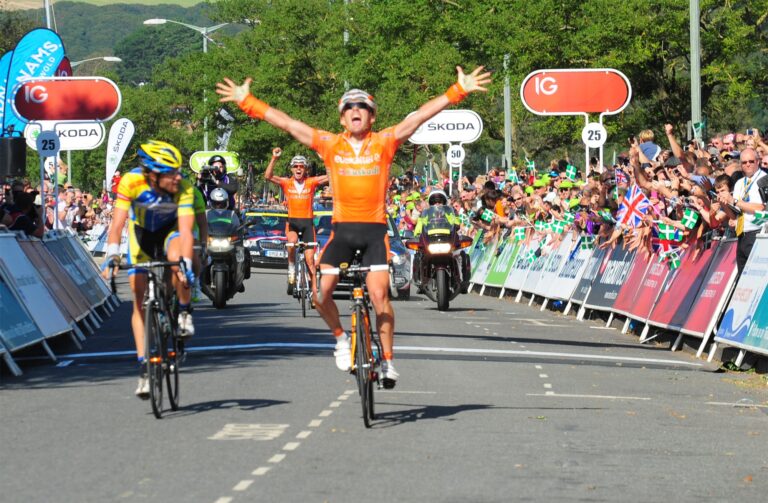The Tour of Britain starts on Sunday (9).
Nearly 100 riders will tackle a course billed as the toughest yet, a 1,347 kilometre route containing everything from grueling climbs to criterium-style city centre finishes.
We caught up with Tom Kirk, of Custom Cycle Coaching, to ask what sort of preparation the riders will have made, and if any of their specific preparation can be applied by the amateur cyclist.
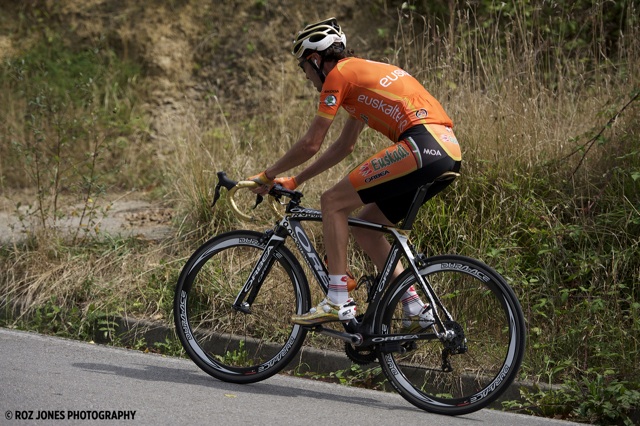
Many of the riders will arrive on the start line in Ipswich in two day’s time fresh from competition abroad. Mark Cavendish, for example, honed his form at the Tour of Denmark, where he won the final stage. Others, such as Samuel Sanchez, spotted performing hill reps on the fearsome slopes of the Alto de l’Angliru in the Asturias will have prepared specifically for the race. Bradley Wiggins hasn’t raced since July, when he won the Tour de France. Which of them has got it right? Is specific training required for a race of eight-stages? Or can riders rely on form from previous races?
“Obviously some of the riders will have come from a diet of stage races including the Tour de France and are used to week long races,” says Kirk. “Others will organise their training into blocks of several hard days to work on their recovery from consecutive days work and use smaller stage races as preparation to bring the form and recovery needed to perform.”
The recent history of the Tour of Britain suggests it will be a close run thing. In 2007, Romain Feillu and Adrian Palomares finished the 953km race with an identical time of 21.21.33, and were split on the hundredths of seconds that separated them in the prologue time trial. Time awarded for sprint bonuses in this year’s race could therefore prove crucial, not only to the men contesting the points competition, but also to those with an eye on overall victory. How can the GC contenders improve their speed to compete with the quick men?
“While cycling is predominantly an aerobic sport, the nature of racing means that more often than not a good sprint is needed to get across the line first. Even strong rouleurs and time triallists like David Millar will rely on their sprint to get road wins so work on this in training,” Kirk says.
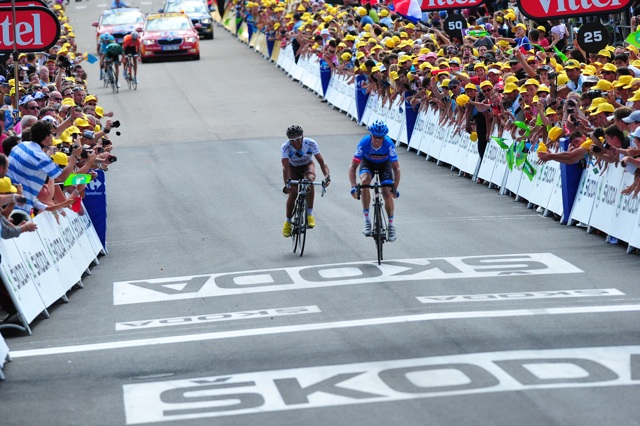
“Non-sprinters can work on their initial jump with bike specific strength work with standing start efforts in a big gear alongside ‘overspeed’ work using a tailwind, slight downhill or motorpacing to simulate the fast finish of a race and get up to speeds normally unattainable on your own.”
Timing of the effort is crucial, he adds. “Riders who fancy their chances in a breakaway will study the road book for that day to judge when to launch their effort, taking into account wind direction and strength as well as whether the finish is uphill, downhill or flat and any corners or other obstacles in the finale.”
Those who’ve watched the Vuelta a Espana have been treated to a climbing masterclass from the likes of Alberto Contador, Joaquim Rodriguez, and Alejandro Valverde. But Britain has nothing to match the climbs the Asturians, and stages six and seven will demand a sustained effort, for the most part, the Tour of Britain’s climbs are of the shot and punchy variety. So how effective will riders like Sanchez be?
“The short climbs in the UK favour the explosive classics riders and ‘puncheurs’ due to their high power to weight ratio over the short durations of these climbs which will make it hard for those who specialise in the high mountains of Europe to drop these riders,” says Kirk. “The lack of summit finishes and time trials means that the winner will need to be a strong all rounder who can get into breaks and sprint well.”
Several of the stages have town centre finishes. Will such finishes create an advantage for the home riders, schooled in the discipline by events like the Richmond Grand Prix?
“Obviously these have a technical component where bike handling on tight circuits will be very important, possibly favouring some of the home based riders coming off the back of the Tour Series races earlier this year,” says Kirk. “In addition, the ability to accelerate rapidly and recover between efforts is vital to maintain a place at the front of the race before a strong sprint finish.”
While the status of the Tour of Britain has increased in recent years, evidenced by this year’s line up, for many of the riders, the race will represent a final tune up for the world road race championships in Holland, a week after its finishes.
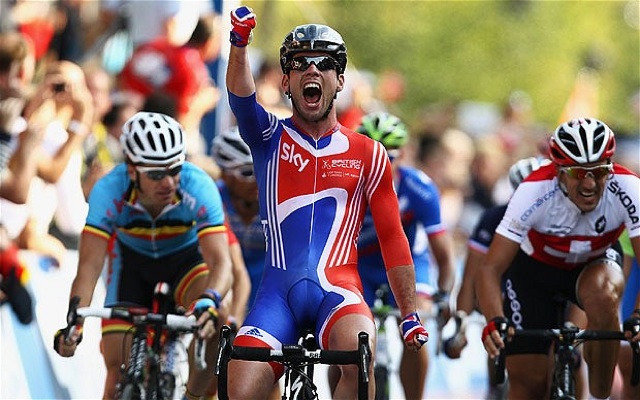
Kirk describes the Tour of Britain as ‘ideal preparation’ for the world championships, citing the form shown in the Olympic road race by many of the riders who had recently finished the Tour de France. “ A block of racing like this, or a series of kermesses in Belgium for the British amateur, causes an overload and boost in fitness that is hard to achieve when training at home,” says Kirk.
He cautions riders with ambitions for the worlds against digging too deeply into their reserves, and finishing the Tour of Britain overly fatigued. “ Those with the World Championships in mind will gauge their efforts to ensure a good training effect but not be afraid to ease off when needed with the goal of preparing for the Worlds one week later.”

